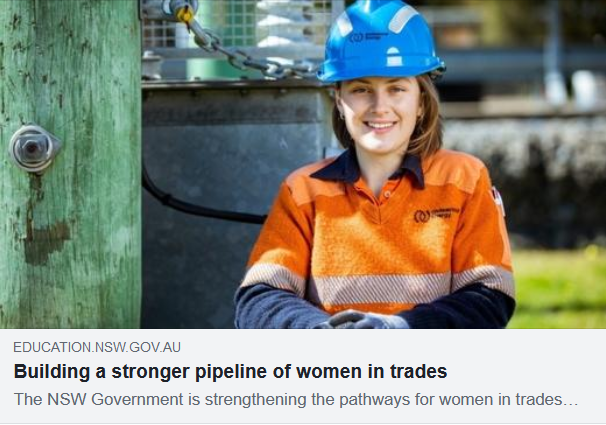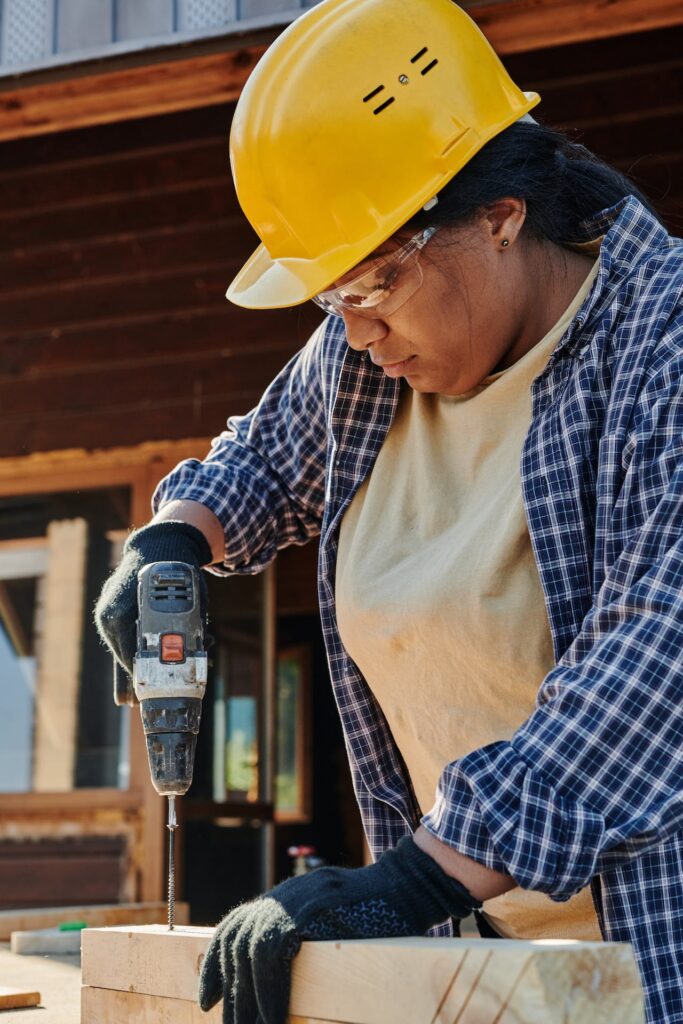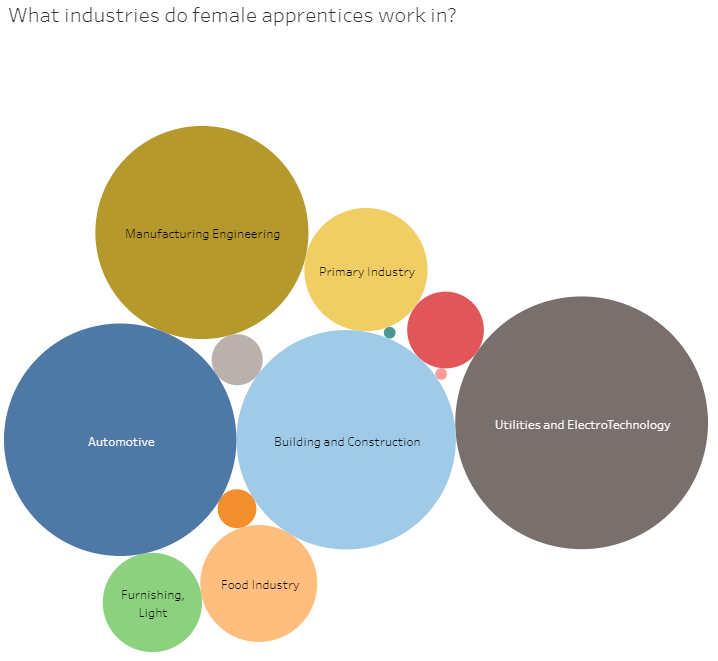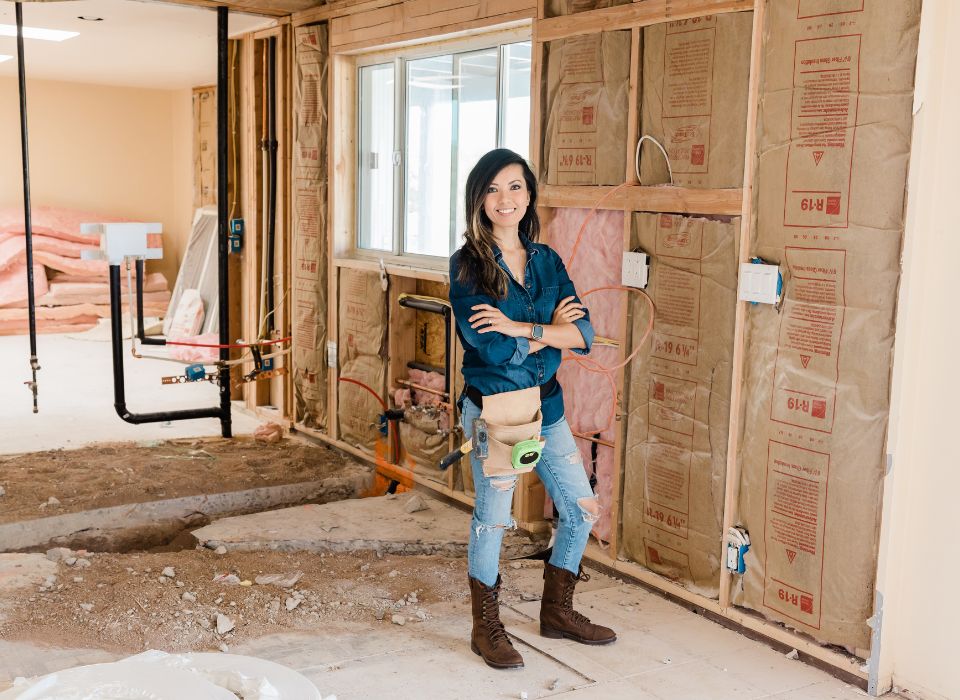Empowering Women In Trade – Traineeship & Apprenticeships
Historically dominated by men, the trade sector has now opened its doors to women breaking stereotypes; Female trades now have the opportunity to build successful careers in the field.
Training Services NSW has developed “The NSW Trade Pathways Program 2021 -2024. (1)” where they committed to working with key industry stakeholders, employers and women’s advocacy groups to provide trade training opportunities for women.
Empowering women in trades is a mission that aligns with the values of 1300apprentice. We believe every woman should be able to pursue her passion and build a successful trade career.
Partner associations:
To support this goal, we offer women in trade apprenticeship and traineeship programs that provide hands-on training, mentorship, and access to a network of industry professionals. We are committed to breaking down barriers and helping women prosper in trade roles.
Our commitment to providing equal opportunities for women in the Australian workforce is outlined in our strategic plan. In 2023 the percentage of women in trades is 5%, our goal is 8%.

Why Choose a Career in Trade?The trade industry offers many opportunities, including women in construction roles. Here’s why you should consider a career in this field:
What Types of Trade Roles Are Available for Women?
Women in non-traditional employment roles include different jobs catering to various skill sets and interests. Some positions include:
- Carpenter
- Electrician
- Plumber
- Engineering Manager
- Civil Engineer
- Painter
- Cabinet Maker
- Automotive mechanic
- Plant Operator
- Contract Administrator
- Building Designer
- Project Manager
- Project Director
- Site Supervisor
- Environmental Designer
- Landscape Construction
- Manufacturing Engineering Industry
- Utilities & Electrotechnology.
The Women In Trade Profile
To succeed as women in trades, having some skills and traits is important, these include:
- Open to Learning: The trade industry constantly evolves, so being open to new techniques and technologies is essential.
- Mathematics: Basic math skills are vital for measurements, calculations, and ensuring safety on the job.
- Problem-solving Skills: Troubleshooting and finding solutions are part of a Tradeswomen’s daily routine.
- Communication and Reading Skills: Clear communication and the ability to interpret instructions are crucial.
- Technology Skills: Familiarity with modern tools and equipment is an advantage.
- Hands-On Skills: If you’re a female construction worker, it is important to have hands-on skills to work on physical activities.
- Team Player: Collaboration is key in the trade industry, making teamwork indispensable.
- Proactive Attitude: Taking initiative and being proactive can set you apart in the field.

Key Facts
Women bring unique perspectives and skills to the industry, enriching it with their diverse backgrounds, and while the construction industry has traditionally been male-dominated, the tides are changing.
Women in construction statistics establish that as of October 2022, there are 63,824 apprentices in training in NSW, yet only 5,924 are women. Women comprise of only 13% of the building and construction industry’s workforce, and only 2% are in trades. (2)
The National Association of Women in Construction (NAWIC) aims for women to make up 25% of the industry by 2025, supported by the NSW Government, making the industry more accessible to women.
But what about the current women apprentices? According to Bussiness Reporting (3), the main industries where women develop a career in non-traditional occupations include building and construction, automotive, utility and technology, and manufacturing engineering.
The largest number of female non-traditional apprentices are learning to be electricians.
As at March 2023. https://public.tableau.com/app/profile/business.reporting/viz/ATwomeninnon-traditionaltrades/WomeninNon-TraditionalTradesstory

Why Choose 1300apprentice?
If you’re looking for trade and construction jobs for women, at 1300apprentice, we are your team. We support all women in the field, providing apprenticeships and traineeship programs.
All our host employers have been screened to ensure we place you with the best possible employer.
- Job security
- Job exposure
- We will link you with our networks
- Mentoring and support.
As the construction industry continues to evolve, so do the opportunities it offers. Female construction jobs are no longer inaccessible. Embrace the challenge, develop your skills, and forge a rewarding career with 1300apprentice by your side.
Join us in breaking down barriers and paving the way for a more inclusive and diverse future in non-traditional trades. Check out our jobs now.
Employers looking for help with taking on a female apprentice
The Australian government have toolkits available to guide you with onboarding a female apprentice at your business.
References:
- Department of Education Training Services NSW (2022) | Women in Trades Strategy 2021 – 2024 [Brochure] https://www.nsw.gov.au/sites/default/files/2023-04/women-in-trades-strategy%20v2.0_0.pdf
- Whitson, R. (2022, July 21). Women in construction say gender diversity is needed to stamp out sexism. ABC News. https://www.abc.net.au/news/2022-07-21/women-in-construction-gender-nawic-master-builders/101255318
- Bussiness Reporting (2023) Women in Non-traditional Trades in NSW, Public.tableau.com. Available at: https://public.tableau.com/app/profile/business.reporting/viz/ATwomeninnon-traditionaltrades/WomeninNon-TraditionalTradesstory.








